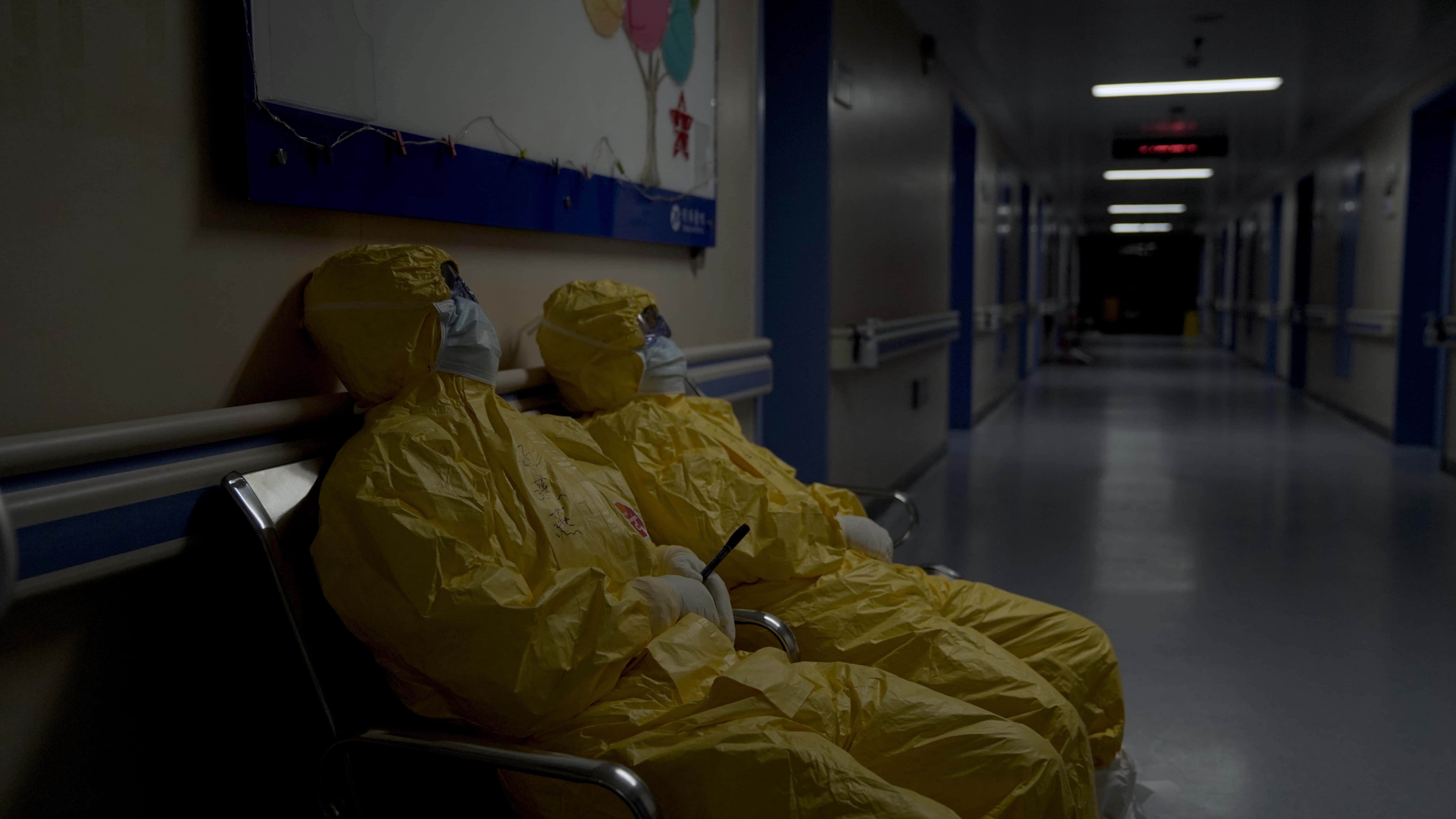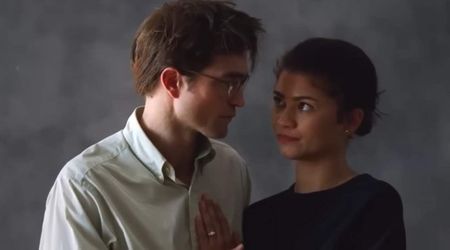'76 Days' director says New York's pandemic response was chillingly similar to Wuhan's, here’s how

Has there been any time or place in history where society as a whole has reacted competently to a crisis? Hao Wu, writer, producer, editor, and co-director of '76 Days', a documentary about the pandemic lockdown in Wuhan, thinks not.
As someone with family in China but based in New York, Hao Wu was in Shanghai when the Wuhan outbreak grabbed headlines. '76 Days' initially was born out of his anger at the way Chinese authorities were handling the crisis by suppressing information and lying to its people about how serious the pandemic was. When a US network approached him to put together a newsy documentary about the outbreak, he jumped at the chance to expose the "Chinese government’s wrongdoing, to reveal the source of this immense human tragedy that was spreading globally as a pandemic."
He flew back to the US just before travel restrictions were imposed and started contacting reporters and filmmakers who were filming in Wuhan during the lockdown. He soon located his two co-directors -- two frontline Chinese reporters sent to cover the outbreak. One of them was Weixi Chen and the other a reporter from a state-run news organization who wanted to remain anonymous. As he immersed himself in the daily rushes they were sending of footage shot in Wuhan's hospitals and streets, the pandemic reached New York.

Wu scrapped his plans to travel to Wuhan and began filming in New York instead as his spouse and children left to stay in Atlanta with family. This is when a strong sense of deja vu hit him. "I was alone in New York with my camera and the desolate scenes disoriented me. I felt as if I was reliving the Wuhan stories all over again in America -- underprepared government, lying or scientifically ignorant politicians, scared residents, and exhausted doctors and nurses with no protective equipment. It shocked me even more, this second time around because America supposedly had a top-notch public health infrastructure and a far-superior political system," Wu said, comparing the scenes shot by his co-directors on '76 Days' with the footage he captured in New York during the early days of the pandemic in the US.
The crisis soon took on a racist hue in the US with phrases like "China virus" becoming common. "Anti-Asian racism reared its ugly head globally. Even in New York, the most diverse American city, I got yelled at walking in the street. I felt unsafe, not just from the virus but also from human prejudice and ignorance," said Wu about the tense time, which made him realize that most people don't respond well in a crisis.
He started reading books about the Black Death, about the Spanish Flu, about the AIDS epidemic. "It dawned on me that a pandemic would bring the worst out of us. It always did and it always will because fear and human short-sightedness blind us," he said. The Chinese response wasn't an anomaly, it was the norm.
But Wu also discovered some other similarities in the stories about the pandemic that held out hope. "Even in the darkest hour in Wuhan, there was ample evidence of human perseverance, of human kindness, which was being replayed all over the world – the singalongs in Italy, the daily cheering for medics in New York, the self-organized volunteers in Madrid, and the numerous doctors and nurses who risk[ed] their own lives to save the stricken," said Wu, saying it was these commonalities that helped him survive the pandemic.
It was also what made him want to "tell a story about hope, about the human experience living through a common tragedy, about our shared humanity in this divided and scared world". From the start of the pandemic to COVID-19 reaching all corners of the globe, Hao Wu experienced a sea change of attitude in how he saw the health crisis and this is reflected in the sort of film '76 Days' ultimately became.
In his own words: "My own feeling towards the pandemic has evolved from a starting point of fear, anger and wanting to assign blame, to one seeking to understand the universal human conditions in times of crisis. As much as I have been horrified by the human toll of this pandemic and the failures of different societies to mount a cohesive and effective defense, I have also been encouraged by the ample evidence of human tenacity and kindness."
'76 Days' is brought to the US by MTV Documentary Films and will be launched in virtual cinemas beginning Friday, December 4.










